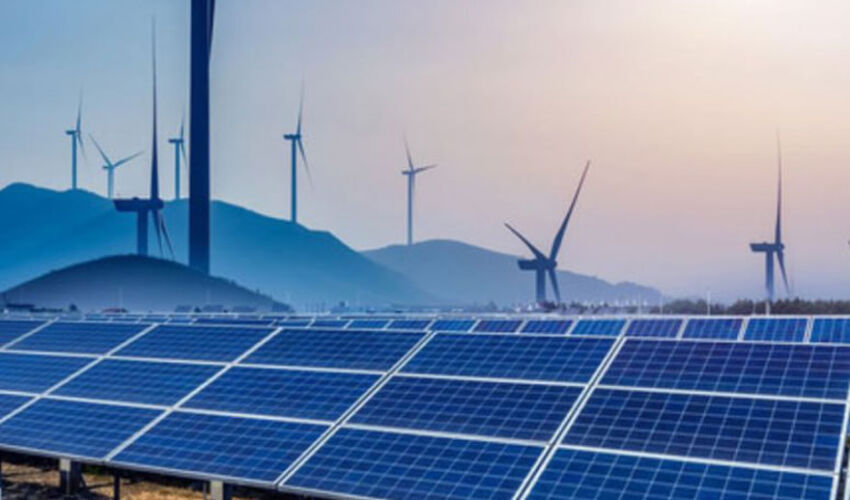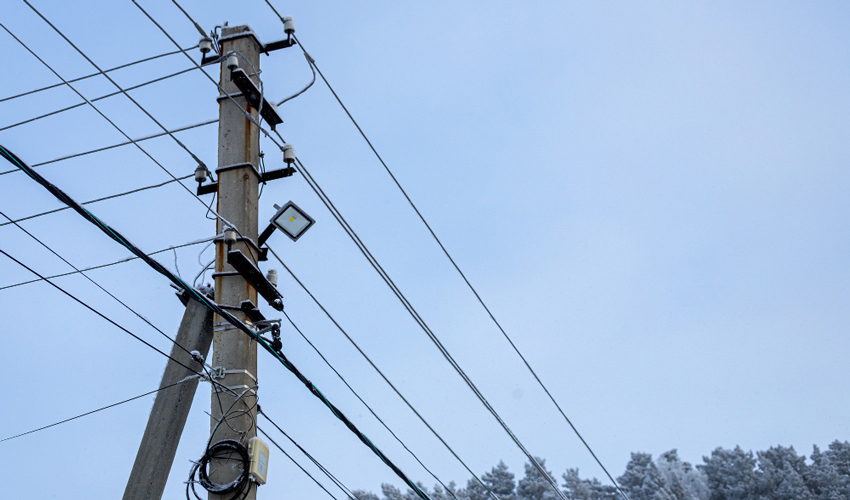
The document was adopted in the context of the fact that in recent years numerous developers have received connection permits but have not realized their planned projects.
This situation has led to a blockage of the connection permit process for other investors planning to develop projects for the construction of power generation facilities. In order to prevent such blockages, the decision establishes that developers who obtain connection permits for power plants with an installed capacity of more than 200 kW will have to present a financial performance guarantee of MDL 1,000 for each kilowatt of capacity under the connection permit.
The guarantee can be made by bank transfer, bank guarantee letter or escrow account. It must be submitted within two months from the date of issuance of the notice, otherwise the system operator will cancel the connection notice.
The guarantee will be fully refunded upon completion and commissioning of the plant, provided that it is commissioned within the period of validity of the connection notice and at the capacity specified therein. For projects implemented in phases, the refund will be made in proportion to the completed phases. In the event that the project is not implemented, the guarantee will be retained by the system operator and used for the development of the power grid.
At the same time, in accordance with the provisions of Law No. 107/2019 on Electricity, it is specified that a non-capitalization fee of 50-70% of the amount of the financial performance guarantee will be applied for conclusions issued before March 27, 2025, which their beneficiaries will not abandon before June 30, 2025, and which they will not capitalize.
The new provision also includes exemptions. Producers with “eligible producer” status and renewable energy communities will not be required to provide financial performance guarantees.
Through this measure, ANRE seeks to incentivize real investment in the energy sector. Expected results include accelerated development of renewable generation capacity, more efficient use of existing infrastructure and cost reductions, which will have a positive impact on the tariffs borne by consumers.













